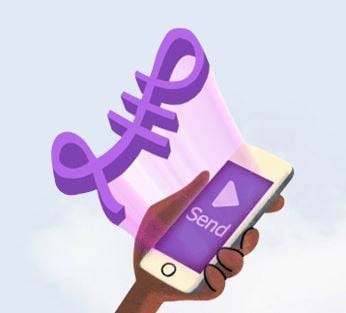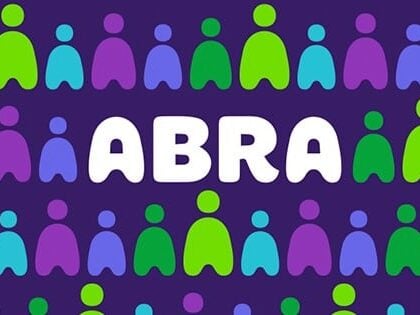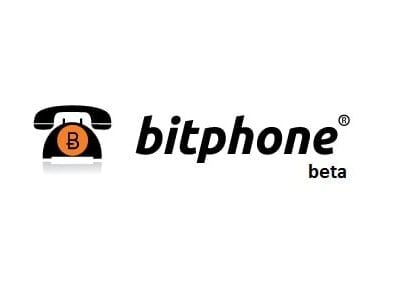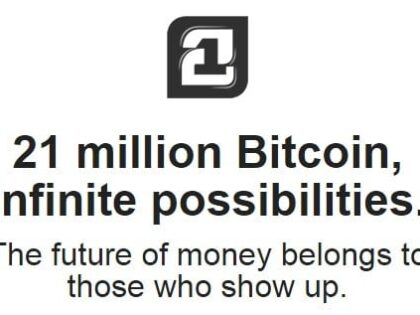
The banking industry of the UK today announced a new payment system called Paym. This system will enable UK residents to send and receive bank transfers by just using a mobile phone number, rather than the somewhat more involved process of entering an account number and sort code.
The service launched to the public today (April 29th). It does not require users to install a dedicated app. Rather, the technological lowest common denominator has been set at banks providing an option on their websites to pay money to a mobile phone number. Most of the UK banks are participating in Paym from today, with the rest to follow later this year.
To actually receive funds, each banking customer must register their mobile phone number with their bank, and select which account funds will be deposited to.
Clearly, this raises questions as to the unique selling points of Bitcoin et al – i.e. quick and convenient payments. For a long time, cryptocurrency advocates have cited how one can simply scan a QR code with a wallet app to send payments. However, over 30 million UK residents can now pull out their smartphone, log into their bank, and just paste in a mobile phone number. So why use cryptocurrencies anymore?
Some have said (including CoinDesk!) that Bitcoin has just lost one of its advantages over fiat money. This not quite true as the so-called “Faster Payments” service for sending payments between UK bank accounts takes up to two hours. Meanwhile, the time for a Bitcoin transaction to complete (the “block time”) is only ten minutes, and most altcoins are far quicker than that. Also, scanning a QR code requires much less screen tapping than the Paym requirement of logging into a website and typing (or pasting) a phone number into a form.
Further consider that Canada already had the Interac system which actually appears more secure and flexible than its UK counterpart. For example, Interac has a form of 2-Factor authentication, and allows recipients deposit received funds directly into any of their accounts. Paym does not have per-transaction 2-Factor authentication, and funds can only be paid to one account.
Despite the fact that Interac predates Bitcoin, Canada is now the fourth most active country in the world for Bitcoin (source).
Overall, this is not a negative event for cryptocurrencies. It will indeed provide some competition for cryptocurrencies, which in turn will force interested parties to make sure Bitcoin and others become an even more compelling option than they are now. Furthermore, the prior existence of PayPal and Interac do not appear to have held back cryptocurrencies thus far.
The UK population just gained one more way to easily send money around, which means the country as a whole will be even more exposed to the notion of using a smartphone as a payment device, which can only be a good thing for cryptocurrencies.







